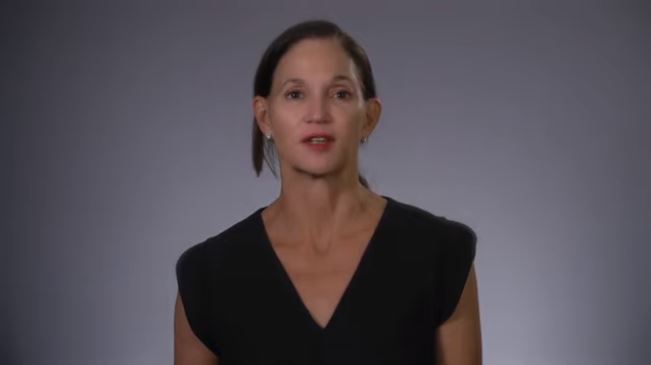WINSTON-SALEM, N.C. (AP) — Davidson College issued a public apology Wednesday for its support of slavery during the school’s first 30 years and unveiled plans to address a variety of problems ranging from building names to relations with Black people in the local community.
The school’s board of trustees unanimously supported the commission’s report and took full responsibility for the apology and a resulting action plan developed by the college, founded by Presbyterians in 1837 and located about 20 miles (32 kilometers) north of Charlotte. Davidson College has an enrollment of more than 1,800, 28% of whom are considered students of color.
“We have much work to do to understand the pain and injury the college has caused, as well as to appreciate fully the strength, gifts, and power of enslaved persons and our foundational indebtedness to them.” Davidson College president Carol E. Quillen said in a video message.
The apology followed recommendations by the school’s Commission on Race and Slavery, chaired by Davidson alum and former Charlotte mayor Anthony Foxx, who was also U.S. transportation secretary in President Barack Obama’s second administration. There were more than a dozen recommendations, including public commemoration of contributions of enslaved people on the campus as well as setting up a line of communication between the school and Black residents of the town and nearby communities to be responsive to their needs.
One such change involves the formation of committee from the board of trustees to consider a new name for the Chambers Building at the center of campus. According to the commission’s report, Maxwell Chambers was a planter and cotton trader from Salisbury who engaged in slavery. In Chambers’ will, he freed 48 slaves, providing them money and supplies for passage to Oberlin, Ohio, the report said.
Also, the commission found that between 1876 and 1962, Davidson College practiced racial discrimination and segregation consistent with local practices during the Jim Crow era.
“While some Black residents of local communities worked for the college in low-paying positions to maintain the buildings and grounds and provide domestic services, the college did not admit Black students or hire Black faculty,” the report said. “The documentary record demonstrates a consistent pattern of systemic racism.”
The report also showed that in 1959, after the U.S. Supreme Court decision to integrate public schools, Davidson’s admissions officials were advised by the school’s trustees “the admission of Negroes is not in the best interest of the College, of the Church, of the Students, or of any Negroes who at this juncture would be admitted as students.”
“Davidson’s foundational values include a loyalty to all of humanity,” said Alison Hall Mauzé, chair of the college’s board of trustees. “Today we are holding ourselves accountable for not wholly living up to those values during a significant part of our history and are taking strong, first steps toward building the more just and humane community we strive to be.”
The report grew out of two years of work by the commission, beginning shortly after violent protests by white nationalists in Charlottesville, Virginia, over the removal of a statue of Confederate general Robert E. Lee.
In February, the president of Wake Forest University issued a public apology for the school’s past involvement in slavery. In 2018, then-Chancellor Carol Folt of the University of North Carolina at Chapel Hill apologized for the school’s history of slavery.



